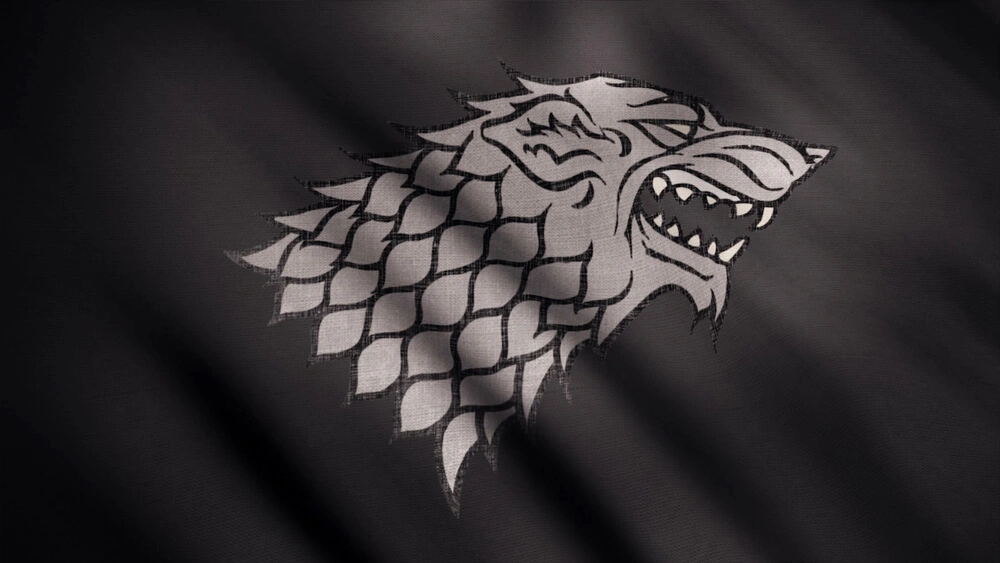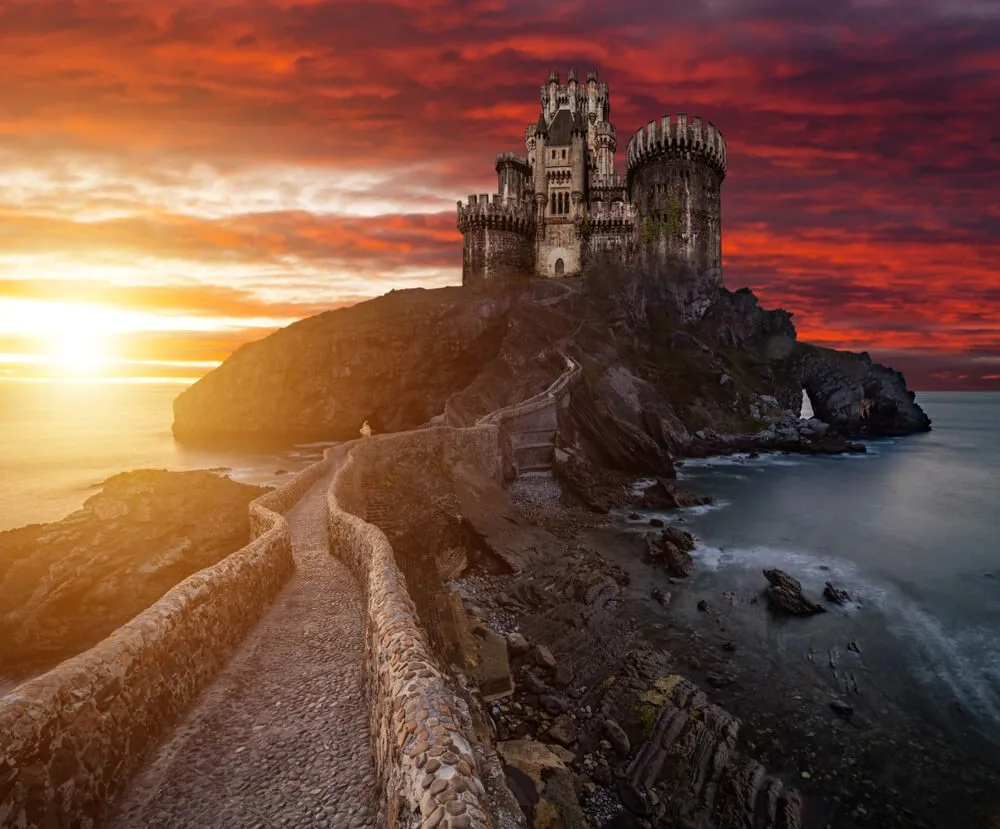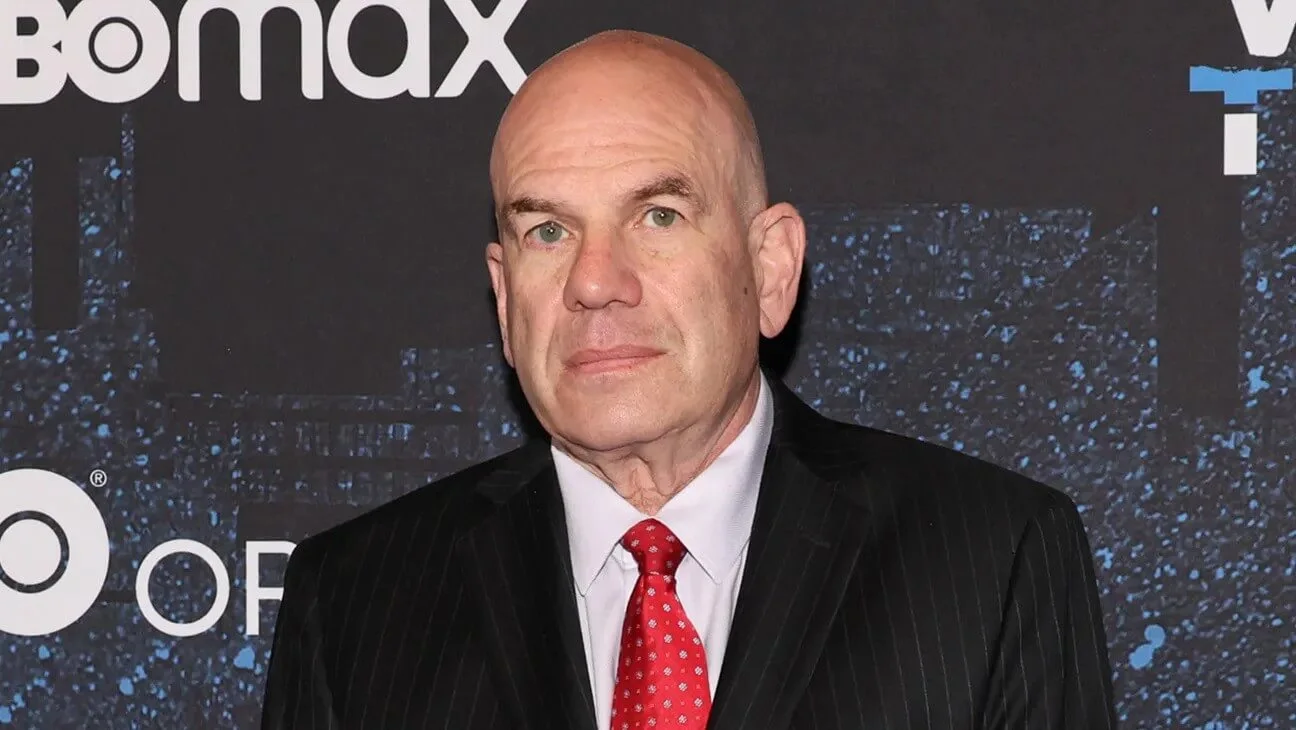Game of Thrones and the Perils of Power – An Exploration of its Complex Political Themes and Factions
The hit HBO series Game of Thrones, adapted from George R.R. Martin’s A Song of Ice and Fire novels, is renowned for its intricate political machinations and shifting alliances between various noble houses vying for control of the Seven Kingdoms of Westeros.
Over its eight-season run, Game of Thrones explored the complex themes of power, leadership, and the corrupting influence of ambition at the highest levels of government. This blog post will analyze some prominent political factions in Game of Thrones and examine how the desire for power often leads to downfall.

Content
The Great Houses of Westeros
House Lannister, House Stark, House Targaryen, and House Baratheon were the Great Houses that dominated Westerosi politics during the events of Game of Thrones. Each house had its own motivations and methods for influencing the realm. House Lannister, based in the wealthy westerlands at Casterly Rock, was the richest of the Great Houses due to its gold mines. Under the cunning leadership of Tywin and later Cersei Lannister, the house used its wealth to buy loyalty and advance its position. However, the Lannisters’ ruthless accumulation of power made them many enemies across the realm.
House Stark
House Stark ruled from the cold north as the Wardens of the North. Honoring traditions of honor and duty, the Starks were respected for their integrity but struggled to navigate the cutthroat world of King’s Landing politics. The desire to protect their family and their people’s independence often put the Starks at odds with the ambitions of other houses. After most of its members were killed off during the infamous “Red Wedding,” House Stark’s position was greatly weakened.
House Targaryen
House Targaryen had ruled the Seven Kingdoms for nearly 300 years after conquering Westeros with their dragons. As the Mad King Aerys’ erratic behavior became more unstable, it opened an opportunity for rebellion from other houses seeking more power. This led to Robert Baratheon, aided by Eddard Stark and Jon Arryn, launching a successful revolt against House Targaryen after the “War of the Usurper.” House Baratheon then took the Iron Throne, with Robert declaring himself king.

The Game of Thrones in King’s Landing
With so many powerful, prideful houses vying for dominance in King’s Landing, the political intrigue of “the game of thrones” was constantly shifting. No house could rest securely on their position, as a moment of weakness could be exploited by rivals. Over the course of Game of Thrones, we see how each Great House’s bid for power and control ultimately leads to their downfall, often due to internal betrayals and failure to navigate the treacherous court of the Red Keep.
House Lannister, for example, used cunning and wealth to propel themselves to new heights but made the fatal error of vastly overestimating their strength and underestimating their enemies. Cersei’s paranoid control and rash decisions isolated allies and drove former supporters like House Tyrell into open rebellion. Similarly, House Stark’s rigid sense of honor proved maladaptive in the vipers’ nest of King’s Landing. Ned Stark’s refusal to “play the game” led directly to his arrest and execution, dooming the northern house’s position. Even the once all-powerful Targaryens fell due to Aerys’ madness, showing how personal flaws could destroy a great house’s position.
Game of Thrones demonstrated how the perils of power often stem from the corrupting and isolating nature of dominance itself. No ruler could maintain control through force alone; they needed a complex web of mutual obligations and balanced relationships with other houses. But the lure of total control and paranoia of rivals weakened even the savviest players, causing catastrophic downfalls. By the end, a Targaryen, Stark and Baratheon had reclaimed the Iron Throne—showing how the game of thrones has no permanent victors.

Conclusion
In conclusion, Game of Thrones provided a complex fictional world where the perils of power could be vividly explored through the lens of the Great Houses vying for control of Westeros. Over its eight seasons, the hit HBO series demonstrated how the corrupting influence of dominance and the pursuit of total control inevitably leads to dramatic reversals of fortune.
As the show so memorably put it, “when you play the game of thrones, you win or you die” – and very few dynasties could maintain victory for long in its ever-shifting political landscape. The intricate drama of the game of thrones has kept audiences enthralled with its realistic portrayals of how power, betrayal and ambition can destroy even the mightiest of rulers.
FAQ
What political lesson can we draw from the downfall of the Great Houses in Game of Thrones?
One key lesson is that absolute power is impossible to maintain—no house, no matter how mighty, can dominate through force alone. Rulers need alliances, loyalty and balanced relationships with other power players to survive. Paranoia and the pursuit of total dominance isolates allies and creates enemies, leading to dramatic reversals of fortune. Cooperation and compromise are necessary in any complex political system.
How do the political machinations in Game of Thrones compare to real-world historical examples?
There are parallels to be drawn between the cutthroat politicking of Westeros and events from our own history. The internal betrayals and shifting alliances between noble houses competing for the Iron Throne mirror real dynastic struggles in medieval Europe. The Targaryens’ conquest of Westeros with dragons is reminiscent of the Norman invasion of England. And the Lannisters’ wealth-fueled rise to power through the banking system is comparable to the Medicis in Renaissance Italy. Game of Thrones took inspiration from actual historical power struggles.

Meet Andrew, the entertainment enthusiast. He’s your go-to for movie reviews, TV series insights, and the latest on Hollywood’s rising stars. Join him for a dose of pop culture magic.









